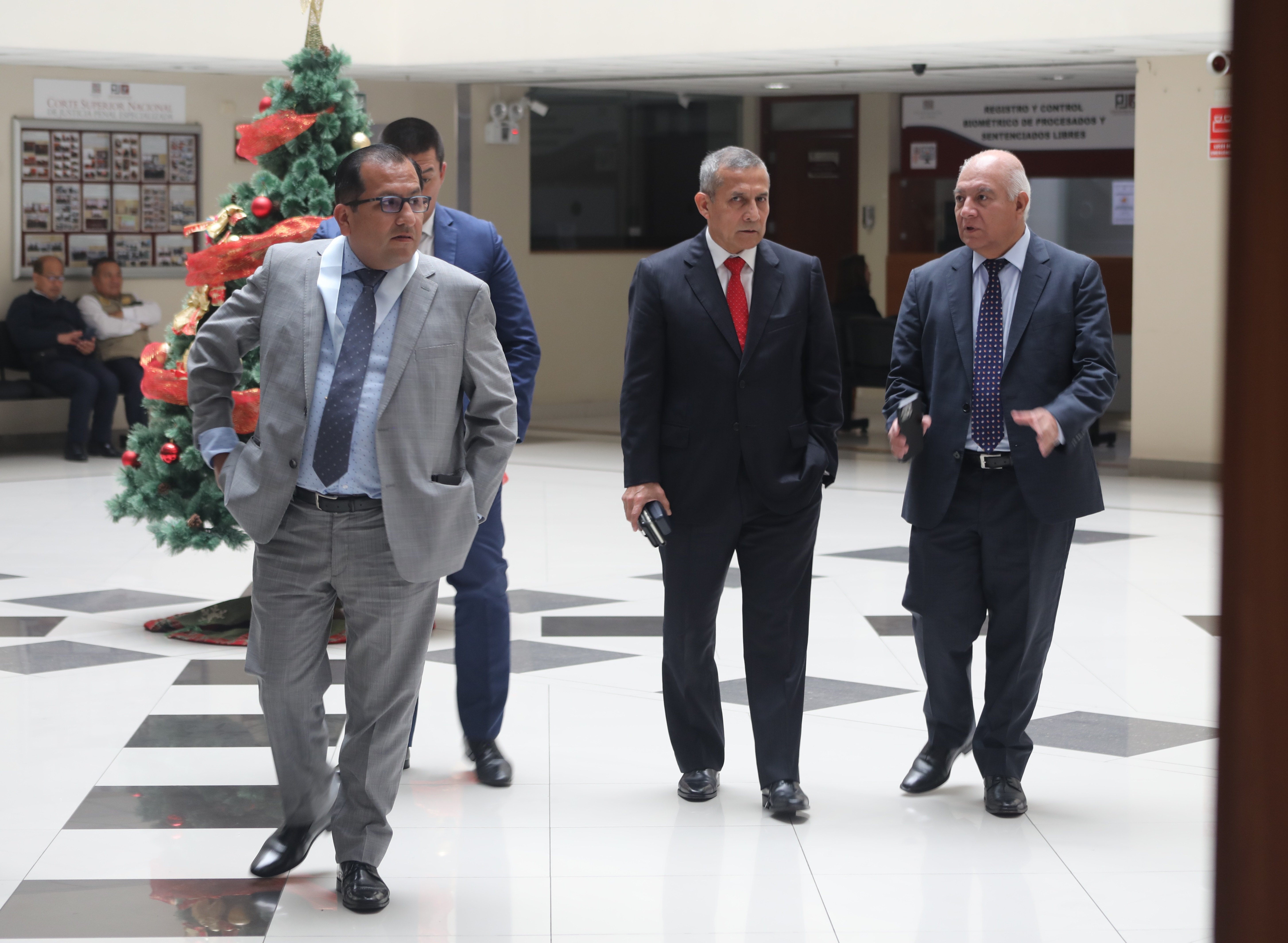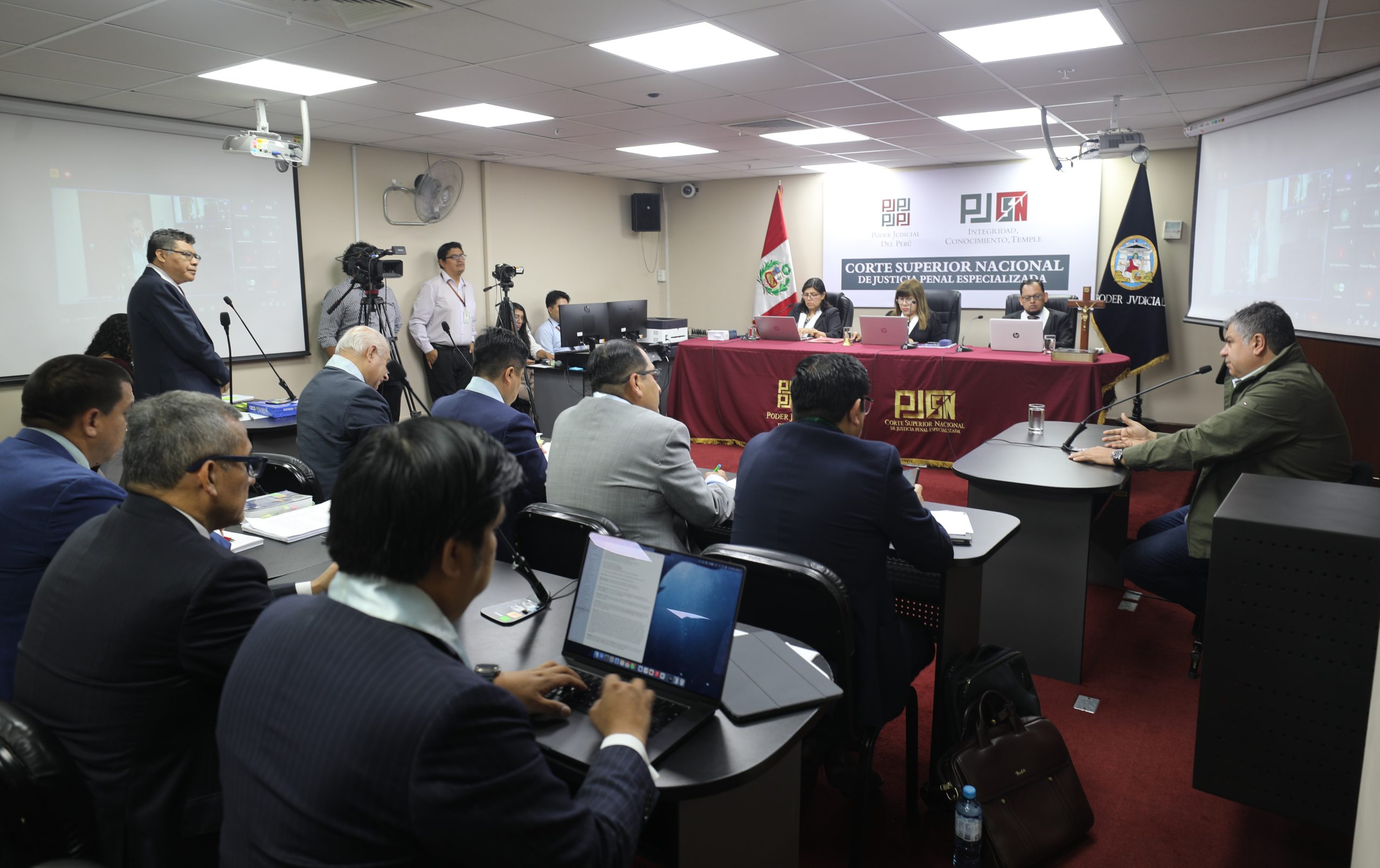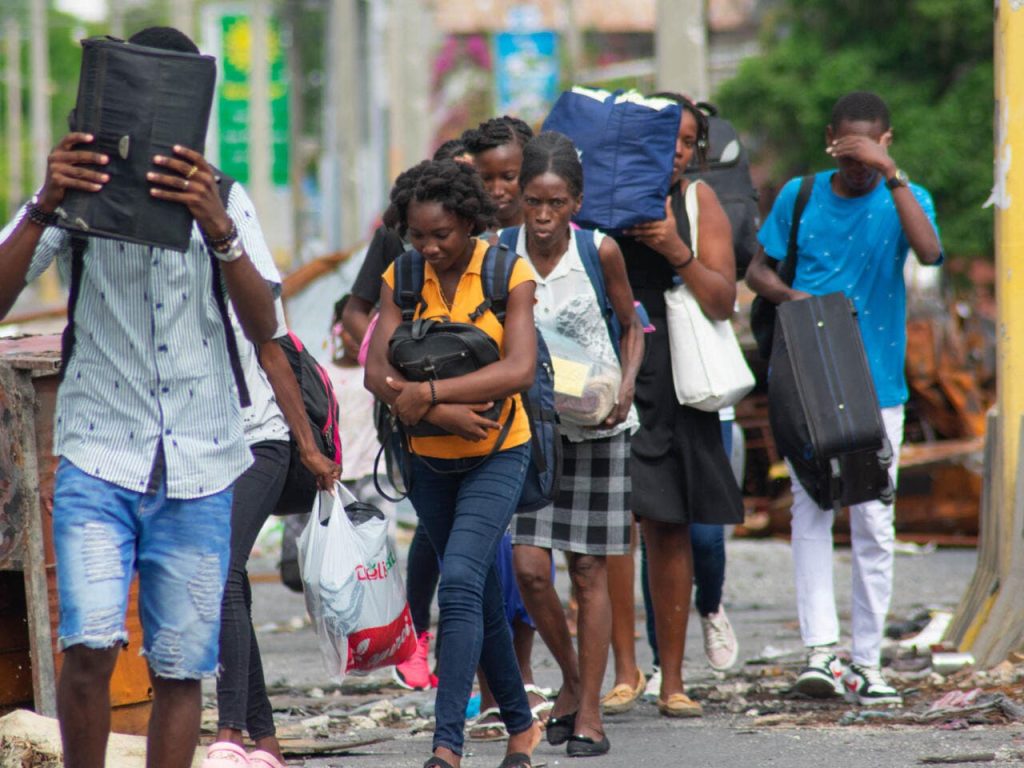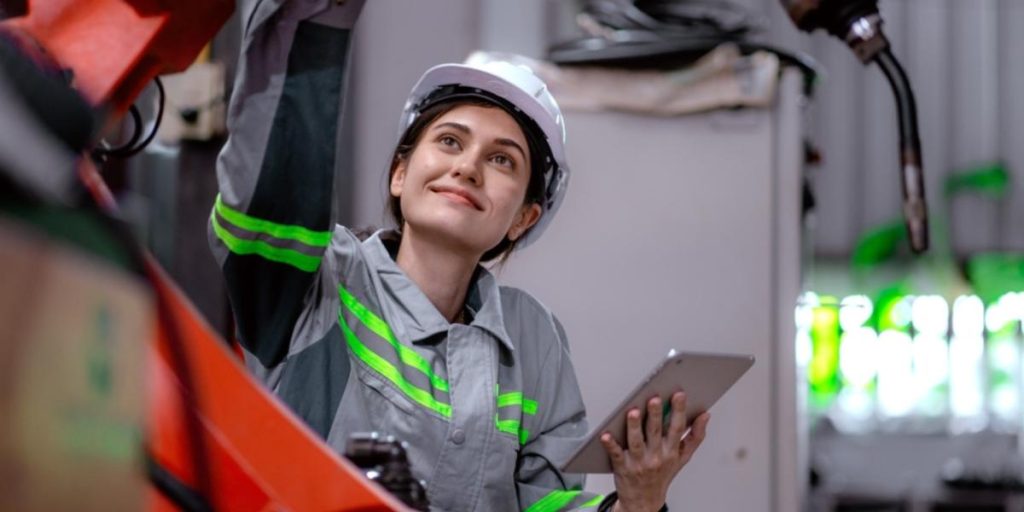The public trial of the former president Ollanta Humala Tasso for alleged illegal contributions in the 2006 and 2011 presidential campaigns, he enters as of this Tuesday, January 14in the final phase of closing arguments, before the sentence is handed down in the accusation for the crime of money laundering.
This process is in charge of Third National Collegiate Criminal Court which the day before decreed the annulment of the public trial of the presidential candidate Keiko Fujimori and 32 leaders, militants and sympathizers of Fuerza Popular in the cocktail case for crimes of money laundering, criminal organization and false declaration in administrative proceedings.
YOU CAN SEE: They remove the judge who refused to file the process against Renovación Popular, the reasons are unknown
Since the first hearing of this case was held, on February 22, 2022, two years, ten months and 22 days of proceedings have passed. Currently, in order to give the magistrates time to prepare the verdict, one hearing is held per week.
The role of closing arguments
The judges Mercedes Caballero García (president), Nayko Coronado Salazar (director of debates) and Max Vengoa Valdiglesias have foreseen that the first round of arguments will correspond to the Special Team of the Lava Jato case, represented in this case by the prosecutor Germán Juárez Atoche, and the State Attorney’s Office, led by the lawyer Corina Trujilloin a hearing that will take place from 9:00 in the morning until 1:00 in the afternoon. The prosecutor will have three hours and the prosecutor two hours to support their arguments.
Meanwhile, on January 21, it will be the turn of closing arguments to the lawyers of Ollanta Humala, the lawyer Wilfredo Pedraza, and the former first lady of the Nation, Nadine Heredia, represented by the lawyer Julio César Espinoza.
YOU CAN SEE: 1993 Constitution: 31 years later, 57.65% of the text promulgated by Alberto Fujimori has changed
In the following weeks, the other 10 defendants will intervene, eight natural persons and two legal entities, which are the Peruvian Nationalist Party and the Todos Graph printing press.
After the final arguments, the Third Collegiate Criminal Court will issue the verdict. This is the first case against a former president of the Republic accused of receiving campaign funds of illicit origin that reaches the sentencing stage. Humala denies having received illicit funds.
YOU CAN SEE: Judge who approved accusation against Keiko Fujimori resigned, but the Judiciary ignores the ruling of the TC
The director of debates Nayko Coronado asked the prosecutor, the attorney and each of the lawyers to be specific and summarize their arguments in the most salient points that allow the magistrates to make the best decision. Coronado explained that the judges are doing the same to analyze the 1,281 sheets generated from the minutes of the public trial hearings.
The previous crime of money laundering

The verdict issued by the Collegiate Criminal Court will put an end to this public trial, but the case will still continue. Whatever the result: conviction or acquittal, the parties can appeal to a National Criminal Appeals Chamber and, in cassation, to the Supreme Court, which can involve another two years of process.
If there is a conviction of an effective prison sentence, this will not be carried out until the appeal is resolved, unless the judges consider that there is a high risk of escape or disruption of the last part of the process, so that admission is ordered. immediately to prison.
The defense lawyers have focused their actions on demonstrating that there is no precedent crime that demonstrates that the alleged contributions received from the government of the late Hugo Chávez in Venezuela and the construction company Odebrecht in Brazil, have an illicit origin.
YOU CAN SEE: The National Board of Justice has new priorities: it reviewed the dismissal of Patricia and Enma Benavides
Chávez in Venezuela died without having an investigation or judicial process for the crime of corruption against him and his legal situation was different from that of the current dictator Nicolás Maduro. The only accusations against him come from his political detractors based on the control that the regime has of public institutions.
Meanwhile, the Supreme Court of Justice of Brazil annulled all the proceedings against Marcelo Odebrecht and the construction company of the same name, considering that there was illegal action and collusion of the Lava Jato Task Force and Judge Sergio Moro, while declaring illegal the evidence that Brazil shared with the Lava Jato Special Team.
















